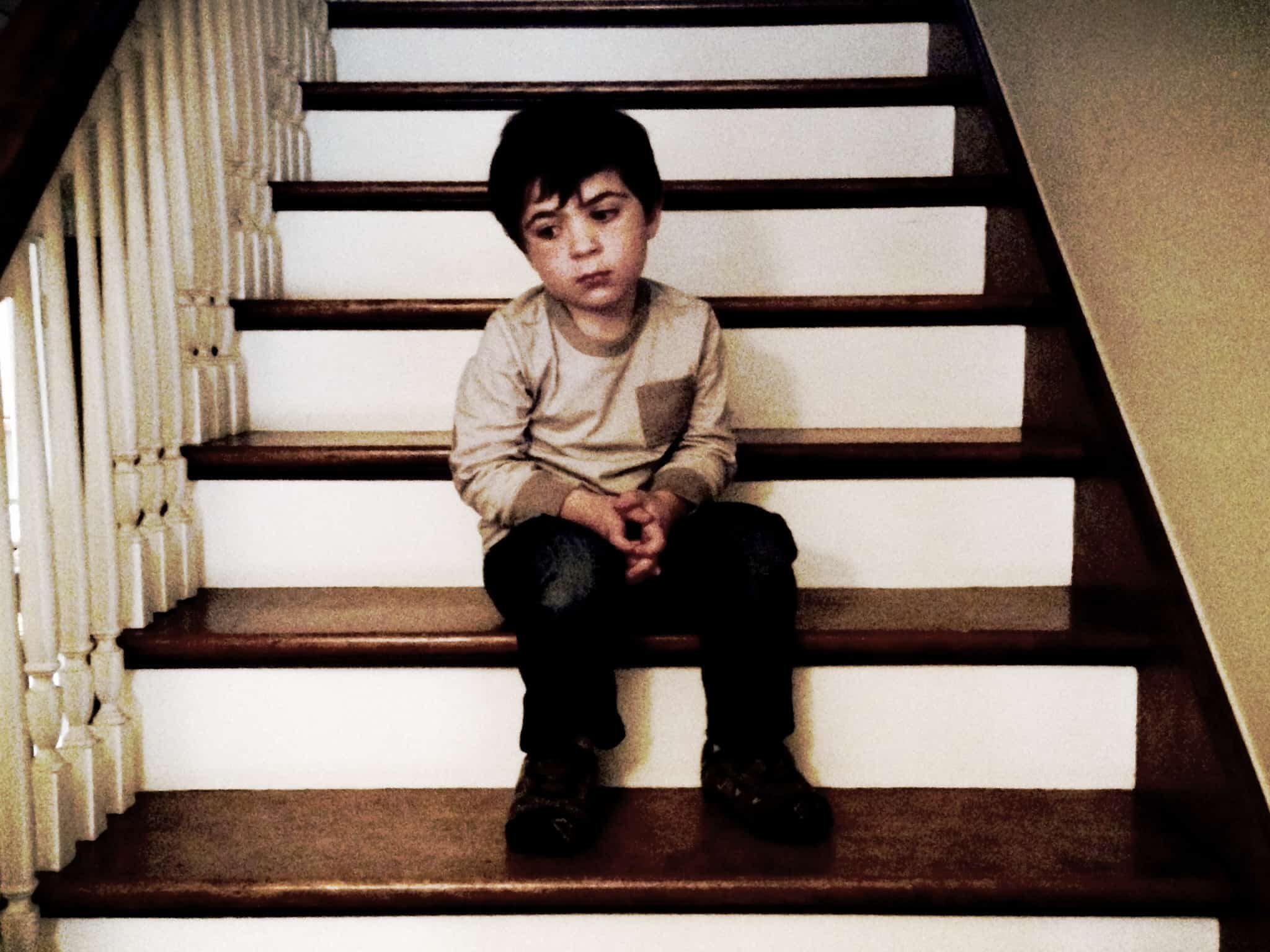Reactive attachment disorder (RAD) is a rare condition where an infant or young child cannot establish an attachment to their parents or caregivers. RAD can be developed if a child’s basic needs of comfort, nurturing and affection are not met. When those basic needs aren’t adhered to, the stable and healthy attachment cannot be established or is missed.
Symptoms
Reactive attachment disorder can be found as early as infancy. Little research has been done on signs and symptoms of RAD that happens beyond early childhood. RAD remains a rare condition and there hasn’t been enough research to be certain whether RAD can be founded in children past the age of five.
Signs and symptoms may include anything from unexplained withdrawal, sudden fear, and irritability. Children that watch others but do not engage in social interaction or fail to smile can also be symptoms to RAD. Signs also include children not having any interest in interaction or responding to comfort when given. If any of those signs occur, your child may have RAD and medical advice should be sought as soon as possible.
Causes
Although causes of RAD are still not clearly known, medical experts, believe that if a child’s needs are ignored and there is a low emotional response from those that care for them, children won’t associate the attachment with care or safety.
Risk Factors
Risk factors for RAD include children who move homes often and prolonged separation from caregivers that cause serious social and emotional neglect and the inability to develop stable attachments. However, not all children who are neglected develop RAD since RAD is still an under-researched area.
Prevention
There hasn’t been much research on precise prevention methods for RAD since RAD is still a relatively new area. Needless to say, parenting is a major part of preventing the onset of RAD. Parenting needs to be engaging, where caregivers can provide children with warm and nurture interaction. By offering children both verbal and nonverbal responses, a child learns and feels through touch, expressions, and voice.
What’s Next
Treatment is important and can help children with RAD develop valuable, healthy and stable relationships with the communities around them. Since RAD is still a relatively rare condition, treatment takes a more holistic approach. Methods such as psychological counseling, counseling for caregivers and educating on children interactions help lead people to create a more nurturing atmosphere for children with RAD and help improve their condition.
RAD is not a disease but a condition that, with enough nurturing, can be improved. By building a trusting and engaging relationship with children, they’ll learn to engage in return. Engagement and interaction are the first steps in developing a place for children to be seen, heard and to feel. Those actions in itself can help prevent RAD but also raise awareness of what RAD entails for infants. The more research that is done, the more medical experts can pave the way to finding solutions to help infants affected by RAD. So, next time to reach out to infants, let them know that attachment is safe and care is needed.

